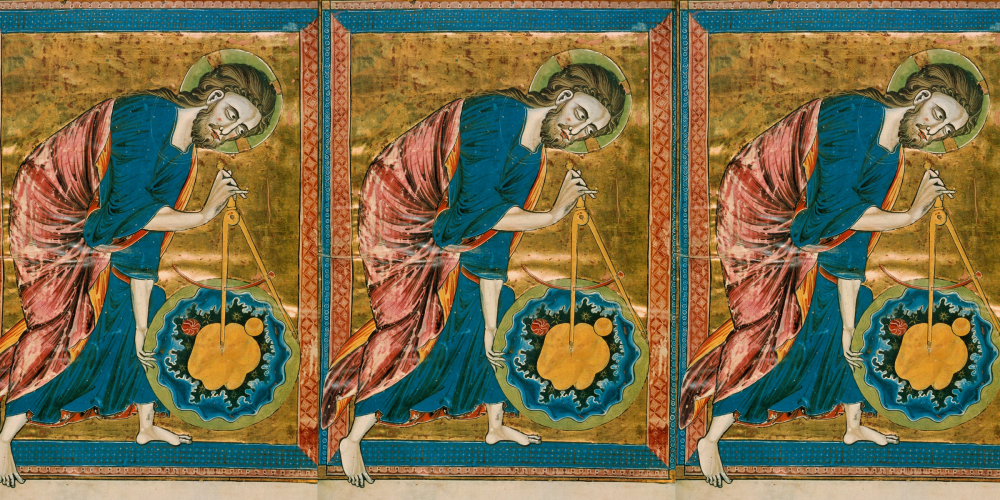
Bill Dembski: Pursuing Truth and Trust in AI and LLMs
How does AI stack up when it comes to accurately representing the theory of intelligent design? Today, host Andrew McDiarmid speaks with mathematician and philosopher Dr. William Dembski about the reliability and accuracy of large language models (LLMs) like ChatGPT and Bard, particularly concerning intelligent design. This second half of the conversation highlights the importance of independent verification when using AI, as LLMs can “hallucinate” or generate false or biased information. Dembski advises an approach of verify, then trust, turning the old Russian proverb on its head. McDiarmid and Dembski also explore the potential for AI to enhance human capabilities and education if used judiciously, rather than becoming a crutch that erodes critical thinking. But that will require that we Read More ›








